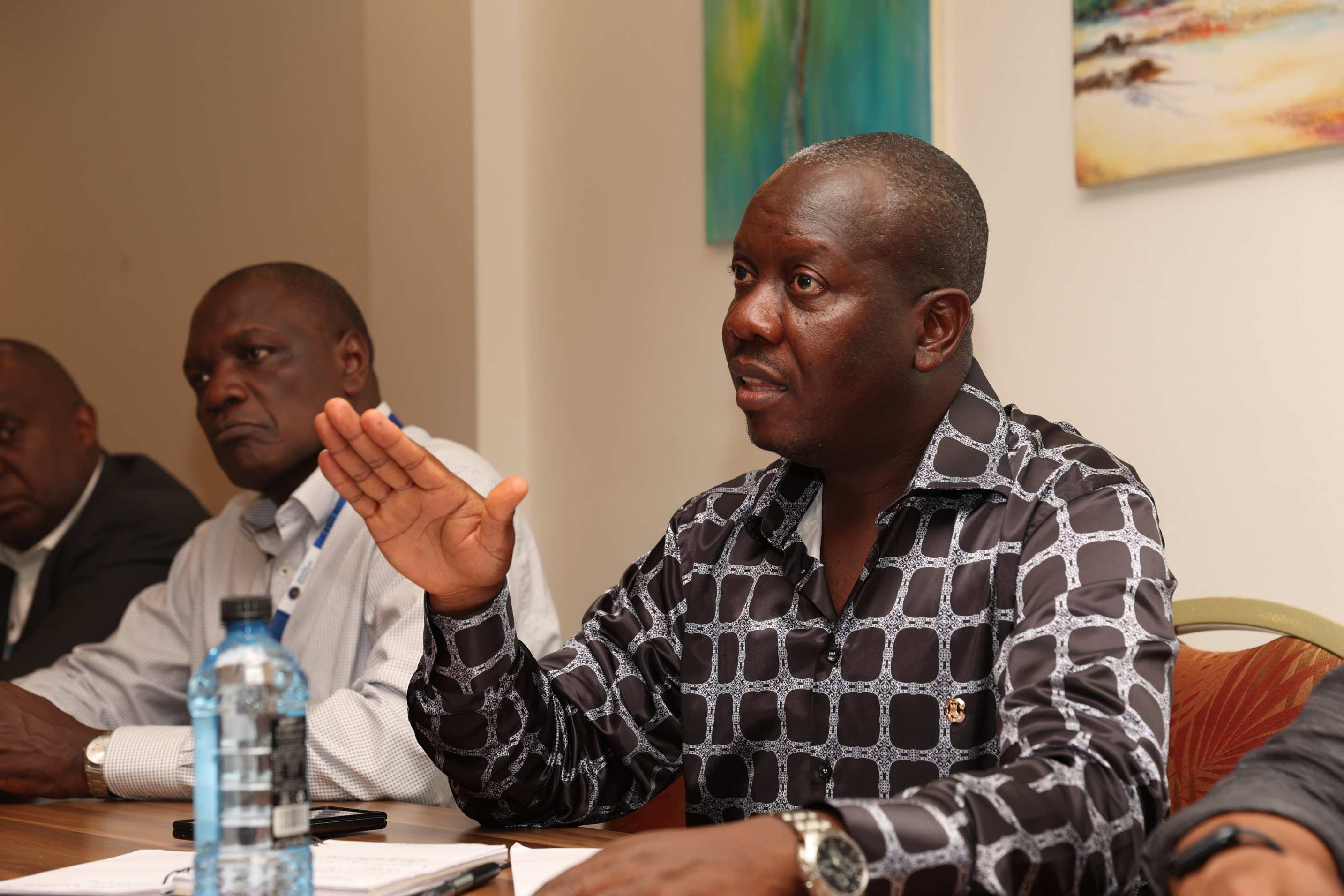MPs question plan to create new fund for DPP's office

The committee demanded answers from Director of Public Prosecutions Renson Ingonga, who appeared before them to defend the proposal.
The National Assembly has put the brakes on a plan by the Office of the Director of Public Prosecutions (ODPP) to set up a special fund, raising concerns that it could duplicate existing government functions and undermine transparency in asset recovery.
Members of the National Assembly Committee on Delegated Legislation on Tuesday pressed the ODPP to clarify sections of its draft regulations, arguing they were vague and risked overlapping with the mandate of the Asset Recovery Agency (ARA).
“The Directorate of Criminal Investigations (DCI) and the ODPP are carrying out these functions. Is it that they are not doing their work well? Why does the country need a fund for similar functions?” Bonchari MP Charles Onchoke asked.
The committee demanded answers from Director of Public Prosecutions Renson Ingonga, who appeared before them to defend the proposal. He explained that the fund would strengthen his office’s role in criminal asset recovery.
But MPs insisted that the ODPP could be overstepping, as the ARA is already mandated to handle asset tracing and confiscation under the Proceeds of Crime and Anti-Money Laundering Act, 2009.
“Are you going to start doing the work of another organisation?” Mathare MP Anthony Oluoch asked.
In response, Ingonga clarified that while the ARA handles civil asset recovery, criminal asset recovery falls under the ODPP.
Still, lawmakers were not fully satisfied and raised further issues with the regulations, particularly the way they define “deferred prosecution.” According to the MPs, the document describes it as amnesty granted by the ODPP in exchange for an accused person agreeing to meet “certain requirements.”
“What is meant by ‘certain requirements’ needs to be questioned and clarified,” said Kathiani MP Robert Mbui.
Committee chairperson Samuel Chepkonga also pressed for transparency, saying, “What are these ‘certain requirements’? Can you provide the specifics?”
Treasury Cabinet Secretary John Mbadi, who also appeared before the committee, urged Parliament to approve the regulations, saying the ODPP faces major hurdles including evolving crime patterns and advancements in technology.
“The complexity in administering justice, arising from constitutional imperatives, new laws, human rights considerations and diversity in crime and international circumstances need to be taken into account,” Mbadi said.
He argued that the fund would help boost coordination across agencies, improve the criminal justice system, and support efforts to enforce the rule of law and recover stolen assets.
“The fund will transform our justice system and empower the ODPP and its partners to conduct more effective and timely prosecutions,” he added. “It reflects the commitment of the government to the rule of law, asset recovery and the fight against impunity.”
Ingonga also told the lawmakers that the fund would support international cooperation and legal assistance, promote a multi-agency approach in investigations and prosecutions, and strengthen Kenya’s capacity to handle complex cases.
“The fund will facilitate training for officers in criminal justice and the office, facilitate partnerships and establish professional networks,” he said.
